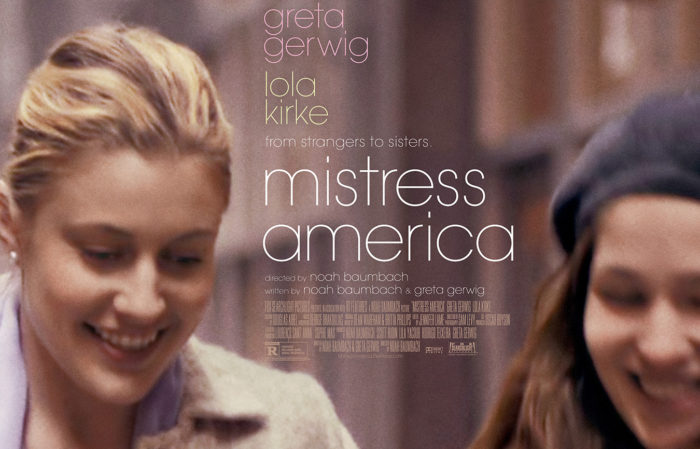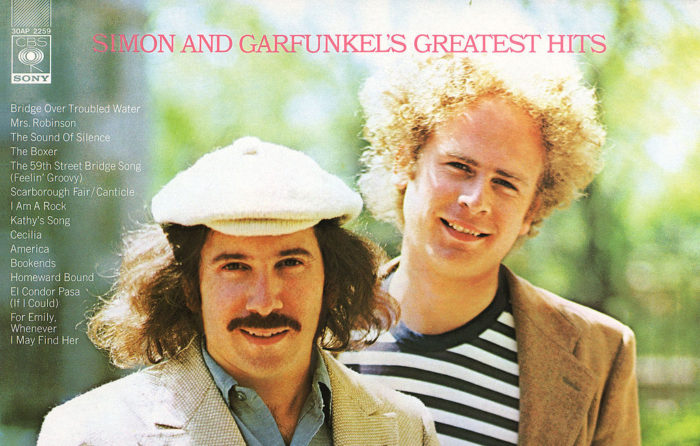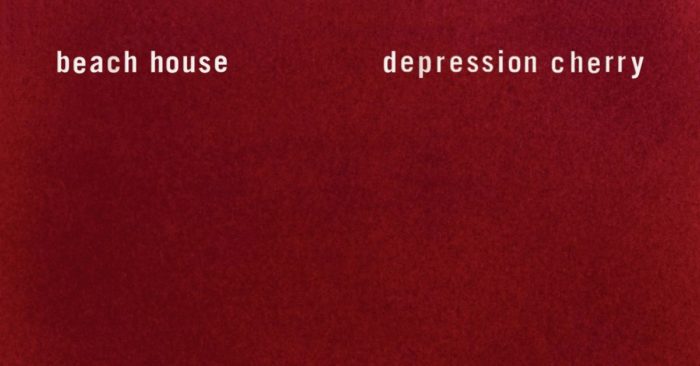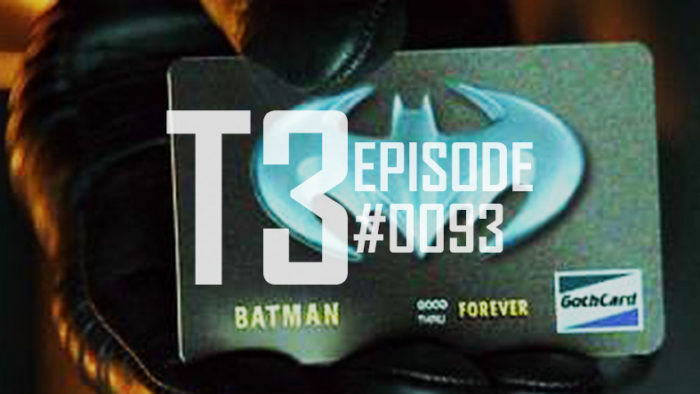
I hate to take the route of one of those critics who think they have a perfectly firm grip on whatever a director’s intentions and artistic goals are, when I doubt any creative person ever really knows what they’re setting out to do when they make something. But I think at this point you can look at director Noah Baumbach’s career in a fairly clearcut set of phases, that probably each have something to do with his personal life, but I’d rather not get too deep into that (since of course it’d all be pure speculation). His early work for example, seems to have a vivid sense of the kinds of smart, undisciplined characters he gravitates towards, though with these movies I’m not sure he’d found his own distinct voice as a filmmaker (I’m basing this entirely on my viewing of Kicking And Screaming by the way).
Then with The Squid And The Whale, Baumbach clearly kickstarted a second phase of his career, marked by not-necessarily-difficult-films centered around decidedly difficult people. Then seven years later, there was the breakthrough of the effervescent Frances Ha, which marked Baumbach’s first collaboration with his, I guess I’ll just say muse (even though I’m not in love with that term) Greta Gerwig in the position of writer/star/beacon of optimism. With this latest film, Mistress America, coupled with the also-from-2015 While We’re Young, it has become clear that Baumbach is clearly in the middle of his lighted-hearted comedies centered on people in crucial points in their lives/careers phase, and is further proof that there’s nothing wrong with a non-grumpy Baumbach.
In Mistress America, Lola Kirke (the sister of Girls‘ Jemima Kirke) plays Tracy, a first year writing major going to college in New York City, and yet despite discovering the social aspects of college in the most bustling city in America, has a hard time connecting with anybody. This hit considerably close to home for yours truly as far as my first year of going to school in San Francisco panned out, though sadly I can’t say I ever found my Greta Gerwig. Tracy, however does find her Greta Gerwig in the form of Brooke (played by Greta Gerwig, obviously), as their respective mom and dad are about to be married, and the two of them strike up a friendship that sees Tracy being drawn into the world of Brooke’s confident thirtysomething go-getter lifestyle.
The style of Mistress America is entirely different from the black & white and nearly plotless Frances Ha, as the first half hour or so of the film has such a tight, kinetic nature that it almost feels like one giant extended montage. Combining that with the film’s glowing and warm depiction of New York and a great recycled ’80s synth-inspired score, it feels very much like a film of the moment, and yet at the same time it doesn’t. Because both Tracy (age 18) and Brooke (age 30) rest just on the periphery of what could definitively be considered millennial status, it never quite feels like the film is trying to nudge you into thinking it has something important to say about the 2010s, like say, Baumbach’s other film from this year.
The film, also much like While We’re Young, is a great deal funnier than I was expecting. In addition to Mistress America‘s nimbleness narrative-wise, there’s a good deal of fast-paced banter, some of which is dry and witty, and some of which is silly in a way that never really feels silly because it’s coming from the mouth of a smart, fully-formed character. Things even head into near-farce territory when the movie shifts from it’s New York home-base to a Connecticut getaway, which sees Brooke chasing down her old nemesis while asking for money for her restaurant from an old flame that has conveniently married this nemesis. It’s a sequence that probably could make or break the movie for a lot of people, as it features a lot of hilarious one-liners and side characters that could potentially undercut whatever pathos the movie is going for. However, it ends with a revelation that doesn’t go exactly where you think it would go, and I think effectively holds together what has been happening between Tracy and Brooke this whole time.
Like a lot of indie comedies of this sort, I think what does ultimately make Mistress America successful is its ability to sidestep any sort of conventionality or predictability, but while still embodying the universal subject of being a young person without a clear sense of direction. Also, I think it’s a film that, much like Frances Ha, succeeds because the tone of it stays so true to what the character at the center of it represents. Gerwig’s Brooke is all surface-level and shiny, with a profound quip at the ready and a clear sense of purpose, while the film also consistently feels that way. Yet underneath, much like Brooke (and Tracy for that matter), there is this relatable hopelessness that keeps the film (and its characters) from ever feeling even the least bit irritating. Which is quite a feat for a director who just two films prior seemed like he was willfully irking his audience into hating his characters, though I do have to wonder if there is some new phase in Mr. Baumbach’s career waiting just around the corner.









